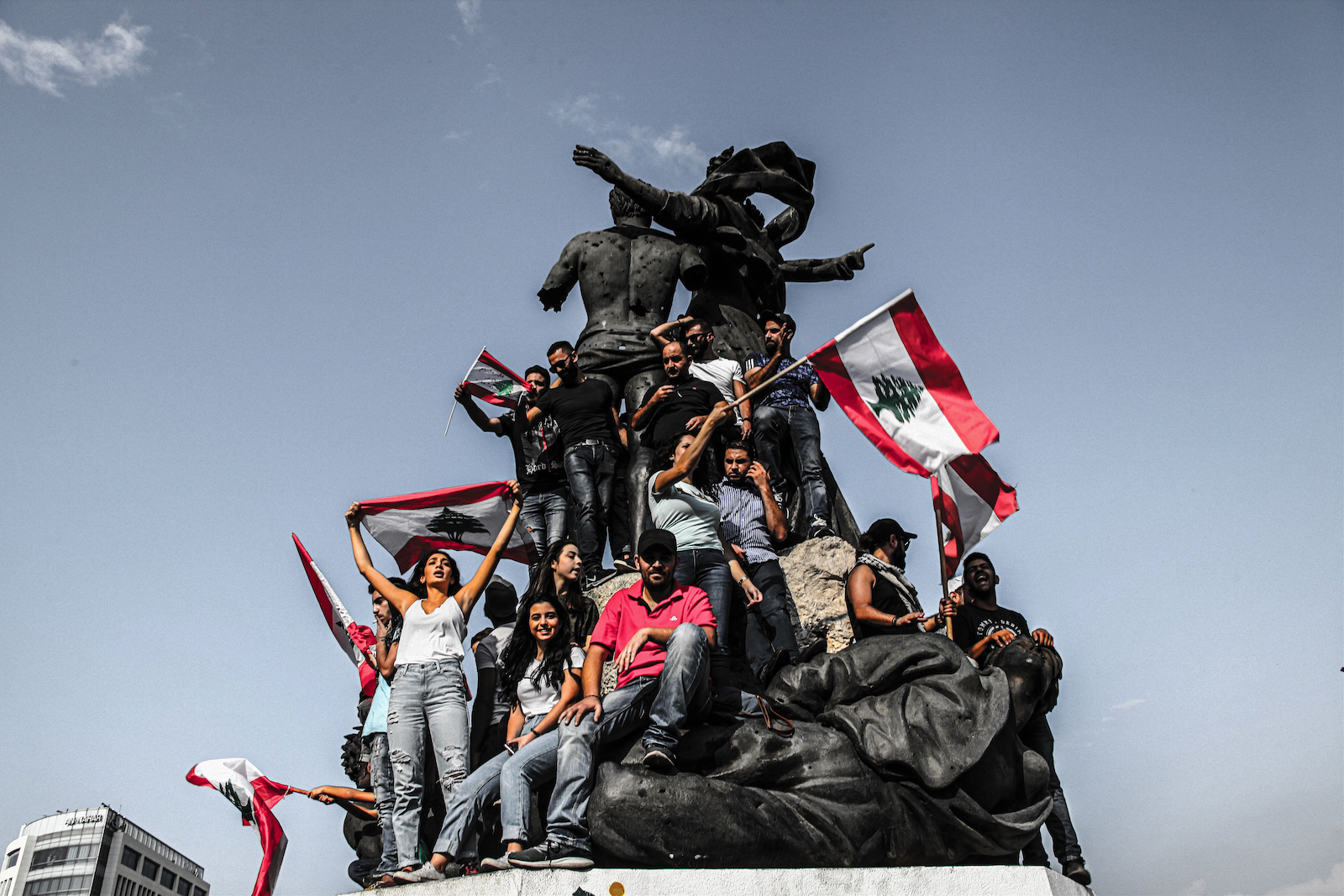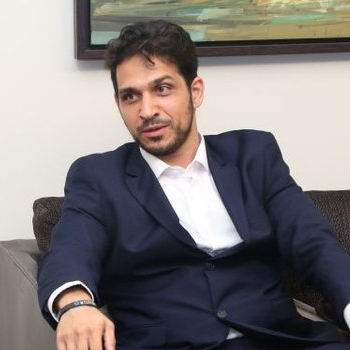
Lebanese Parliamentarians have had Enough
When Michel Aoun, Lebanon’s former president, left office in October 2022, the country’s parliament gathered in an attempt to elect a successor. Unfortunately, that did not occur. No single candidate has received a first-round two-third majority, or a second-round absolute majority needed to win the presidency. Now, there is a stalemate and parliament is not convening regularly to vote for a new head of state. This has sparked outrage from Change MPs who were elected by a constituency that demanded reform and accountability based on the values of the 17 October Protests.
In an effort to show their commitment to democracy, Change MPs Najat Saliba, a former academic from the American University of Beirut, and Melhem Khalaf have pledged to sleep in parliament until a new president is elected. This is the first time in Lebanon’s political history that such a thing has occurred.
Saliba and Khalaf take the view that parliament should meet consistently until it can decide who should be the next president. Without one, Lebanon cannot form a new government that can negotiate an economic bailout package from the International Monetary Fund that is vital to protect the living standards of Lebanese citizens, which are deteriorating on a daily basis.
Lebanon’s economy continues to suffer from this prolonged economic and political crisis with the Lebanese pound falling to an unprecedented low of 82,000 to the U.S. dollar on the Lebanese black market. This translates to a large number of Lebanese having trouble buying basic necessities like food and medicine and being unable to afford to heat their homes or keep the lights on. As the price of fuel continues to rise, people are unable to travel or move goods.
As politicians from the traditional ruling class are squabbling among themselves, Change MPs are fighting to tell the rest of their colleagues that they need to stop wasting time and come to an agreement so the country can at least move forward from this one crisis out of many.
Najat Saliba told me, “the aim is to call upon the 128 MPs to hold and open consecutive sessions until they elect a president as per Articles 74 and 75 of the constitution mandates.” When asked if any progress is being made, she was neutral. “Many side talks have taken place and we see that the stalemate that prevailed has been shaken and many tours and meetings are being held among the different parties.”
The fear among members of the Change wing of parliament is that Lebanon’s democracy and Lebanese human rights are being violated. This isn’t hyperbole. How does a group of politicians who occupy the same country as millions of their compatriots just fold their arms with indifference and watch it all fall apart?
Najat Saliba remarked on the failure of parliamentarians and put the blame squarely on how politics has traditionally been practiced in Lebanon, especially with regard to how the president is elected. She emphasized the cynical nature of the electoral process in Lebanon. “The MPs are used to a different type of system of dividing the shares among them.” Saying that they wait for the right moment to get as many shares as they like from the government, then agree on a candidate that will reach Baabda through a “democratic consensus” process. In reality, however, this style of politics is now eroding any integrity in the system.
Melhem Khalaf, a lawyer turned MP from the May 2022 election, shared his thoughts on what needs to be done to rescue the country and why the MPs have chosen this path of defiance in the face of obstruction. “Our aim is to apply pressure to practice the law and follow the constitution.” We discussed what needs to be on the top of the national agenda. “Our first priority should be to reduce the pain of our people; the human being comes first.”
Lebanon’s worsening economic situation can start reversing, but only after a president is chosen and approves of a reformist cabinet. Up until now, Lebanon has been stuck with a caretaker government led by Prime Minister Najib Mikati, but he is not in a position to negotiate any type of deal with the International Monetary Fund. There is also a call for international solidarity from the MPs for the Lebanese diaspora to see and understand the cause they are fighting for.
Members of the diaspora, like Daizy Gedeon, a journalist and humanitarian activist, and the director of the documentary Enough! Lebanon’s Darkest Hour is using her voice and influence to demonstrate solidarity with Lebanon and the Change MPs. She has conducted interviews with them, trying to show the world and the global Lebanese diaspora that there is a will for change and accountability; the most necessary component for any democratic system to function efficiently.
Daizy and her colleague Ian Pelham Turner, a well-respected photojournalist and experienced broadcaster from the UK, released a statement called “Defend Lebanon’s Democracy” which describes the perilous situation Lebanon is currently facing and the mission of the MPs. It starts off by saying, “one of the oldest democracies in the world is being held to ransom by a large group of politicians in Lebanon.” This hijacking of the state is precisely the cause of all of Lebanon’s woes and it will only continue if parliament does not act with urgency.
Najat Saliba highlighted a report from the World Bank that about 82 percent of Lebanese are living under the poverty level. Electricity shortages are worsening. Public services don’t exist. The Lebanese pound is practically dead.
Its once-lauded freedoms and economic stability are now mere memories. Back in 2022, The Economist designated Lebanon as an “authoritarian country,” as it was once dubbed a “hybrid system.” This new low point in conjunction with political paralysis is destroying the possibility of creating a state where elected officials do not take their authority for granted. There is zero governance in Lebanon. Most Lebanese are almost entirely dependent on diaspora remittances and international support to survive.
Lebanon will not begin the path of recovery until a president is elected with a reformist agenda that meets the financial and structural conditions set forth by the IMF. As of now, time continues to pass, and the Lebanese continue to pay the price.
